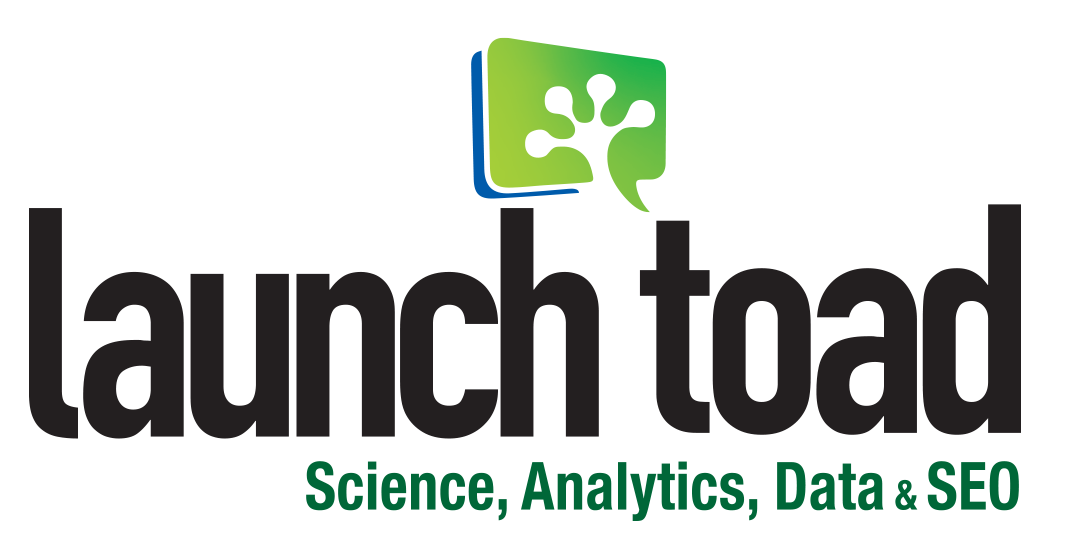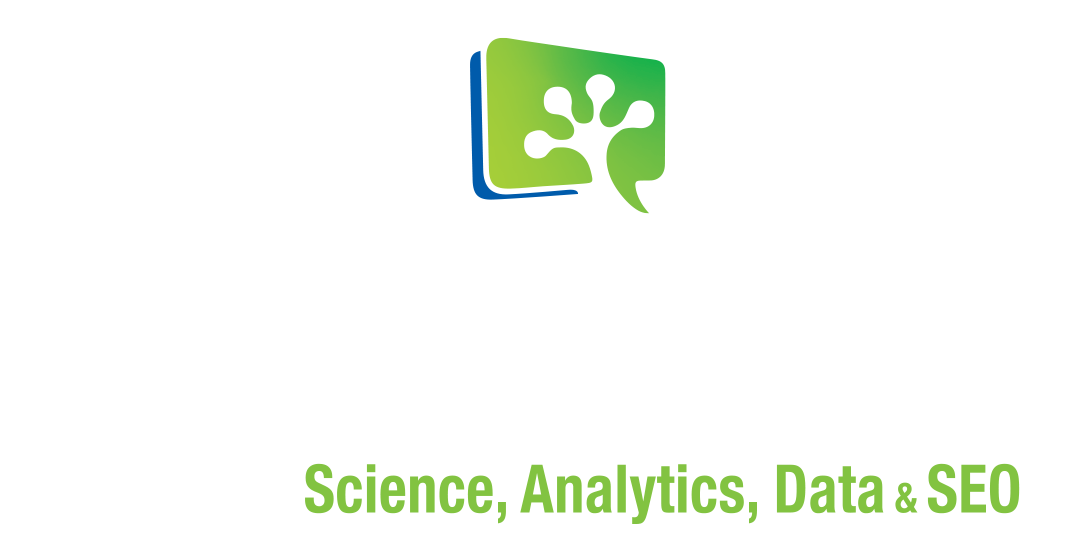Chicago – October 18, 2018
A search engine like Google, Bing, or Yahoo will return a list of websites when you type a specific search term. Is it possible to tell (request sounds better) them to return your website (possibly near the top) for that search term?
Yes. At least they let you try.

Search engines have gotten smarter in the last 20 years. With all kinds of machine learning and artificial intelligence built into them, they will automatically index your website soon after it goes live. They will try to understand the content of your web pages and based on their interpretation, will list your website when they think it is relevant to something a user is searching for. Therefore, it is very important, that they understand your website correctly.
Meta Tags
Search engines give you an opportunity to talk to them about your website and help them comprehend correctly what your web pages are all about. They do this using meta tags, which are not visible to a normal user browsing the web page but are embedded inside the code for the page and make sense to a web browser (like Google Chrome, Mozilla Firefox, or Internet Explorer) as well as search engines. Meta tags are quite similar to other kinds of tags (like hashtags for example), in the sense they help classify, categorize, and most importantly rank a web page for organic searches (where users type a search term hit return and expect to see a list of websites most relevant to the search term). In paid searches (also called PPC or Pay-Per-Click), you can pay Google and Bing to show your advertisement if it is relevant to the search term, regardless of your meta tags or rank. How to influence PPC is a topic for another post. Right now, we will focus on organic searches.
Search Engine Speak
There are many different meta tags and not all of them impact SEO (Search Engine Optimization). The two most important ones are:
1. Title tag – this is the title of the web page that you see at the top of your browser. It is advisable to keep it 60 characters or less in order to display correctly. In SERPs (Search Engine Result Pages) also, the title tag is used to display the title of your website. A good title should be relevant, succinct, attractive, and use keywords that you are targeting on the web page. Avoid stuffing keywords – it won’t make sense to a user and search engines may penalize you. Mentioning your product or service, your brand, category, location are all good ideas.
2. Meta description tag – this is a summary of your web page. Previously it was advisable to keep it to 160 characters, but Google increased it to 300 characters in Dec 2017. In SERPs, the meta description tag is used to display a summary of your website This is your “pitch” or your “advertisement” to the user to click your website. Just like the title, the meta description should also be relevant, action oriented, and use keywords that you are targeting on the web page.
Google and Bing can also try to figure out the meta description themselves based on the content on the web page, if you do not provide one. They may do that even if you have a meta description, if they believe it does not properly represent the content on your web page.
Search engine algorithms are sophisticated and closely guarded secrets. They also change often. Title tags and description tags are a way to help search engines understand the content on a page. With the huge amount of web pages on the Internet, it is now more important than ever before to take the time and effort to carefully craft unique title and description tags for every page on your website. This activity is a part of “On page SEO”.
Do you feel meta tags help in improving rankings for organic searches? Have you observed that better written meta tags lead to more clicks? What kind of results are you seeing? Drop us a line at info@cagoinc.com – we would love to hear your thoughts.



